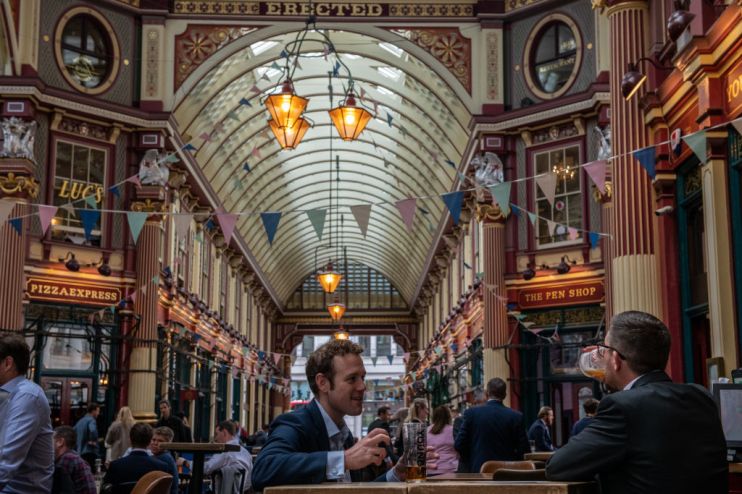A tale of two cities: I love London but I need it to embrace diversity and love me back

I love London unconditionally. It is my home and it fills me with pride when I say I’m a Londoner. But I’d like this thriving democracy to look into its black and ethnic communities and find the diversity of its history.
I grew up in Hackney and Dagenham. Leaving aside the “Dagenham is Essex” debate, I’ll happily maintain that it’s Greater London (which it is). I remember going to my local youth club and learning about current affairs, or my state school where I got top grades and a taste for entrepreneurship. I think about the diverse range of people that coached, mentored or supported me in my journey as an elite athlete and my borough, immense pride in my achievements and financially supporting me with my training.
It was also in London that I got my taste for financial services and where I found that someone like me, a young Black woman, is barely represented. Imagine traveling from a diverse area filled with every nationality to a building 30 minutes away and no one looks like you. Only the cleaners or the rare Black person you randomly spot on another floor. This was the moment I saw two Londons: an affluent London where multi-billion pound deals are made, lucrative jobs with incredible promotions being given and record levels of investment flowing through the elites. Compared to a London filled with poverty, crime and discrimination.
Just look at the statistics: black and minority ethnic people have to apply for 80 per cent more job roles to get a positive response and they are twice as likely to be unemployed. In the education system, black students are three times more likely to be excluded than white students, less likely to be accepted into Russell Group Universities or even obtain a mark over a 2:1. This feeds the criminal justice system, with black people nine times more likely to go to jail than their white counterparts. This has to change – it must change.
A whopping 44 percent of London’s 8.6 million population come from ethnic minority groups. Organisations must reflect the diversity of the city they operate in, both morally and because the sustainability of these companies hinges on it.
We need to start with information: companies have to know about their ethnicity makeup and pay gap if they’re going to change it.
There are black people who are underpaid for the same job and there are those who continue to be passed up for promotions. For long lasting change, there must be more Black employees on boards and senior leadership teams with a Black pipeline of talent throughout every level. Including a particular focus on retention of talent and effective recruitment that looks further afield than Russell Group students. To build a funnel of black talent, there must be outreach with state schools.
Businesses need to work with their Black staff to understand their challenges. That means executive
sponsorship, promotion of transparency initiatives and mentorship of Black students and professionals outside of the company.
Shutting the door on qualified Black individuals inadvertently cripples the London workforce.
It’s bad business to alienate such a vast sum of the workable population: a population that loves London but is asking for London to love them back.